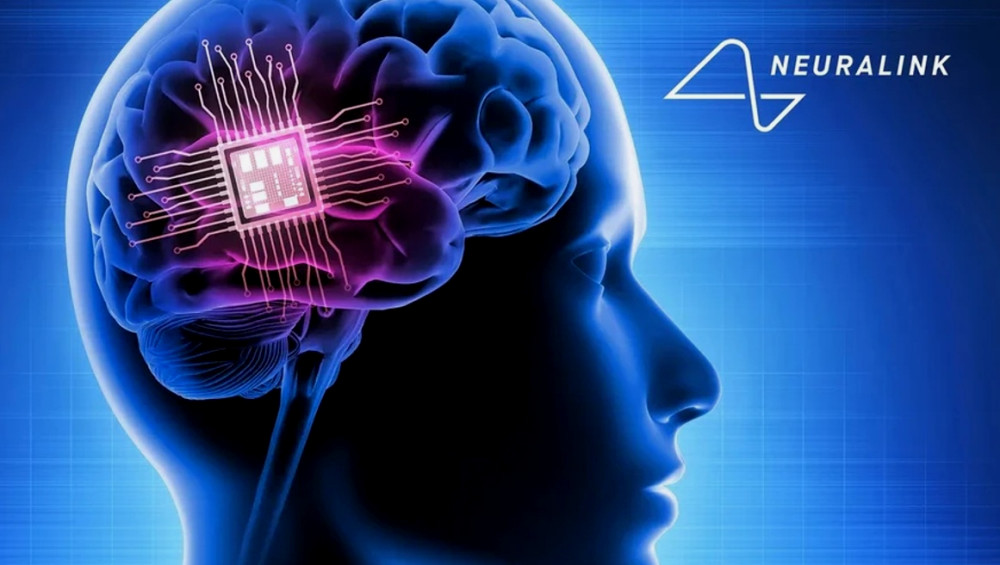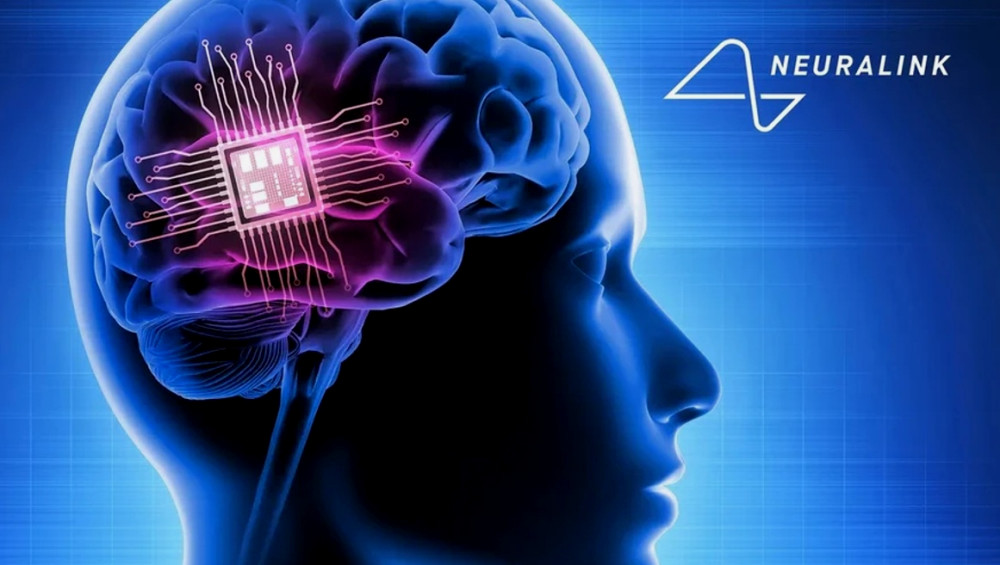Neuralink, the company founded by Elon Musk, is set to begin clinical trials in the United States in October 2025. Its device aims to read speech signals directly from the brain and convert them into text, as reported by Bloomberg. The primary goal is to assist individuals with speech impairments, particularly those recovering from strokes or suffering from neurodegenerative diseases such as amyotrophic lateral sclerosis (ALS).
Company president DJ Seo announced that the U.S. Food and Drug Administration (FDA) has granted permission to conduct research under an exemption for experimental devices. He stated that the technology will be able to capture what a person is trying to say or imagines they are saying.
"If you imagine saying something, we will be able to capture that," said the Neuralink president.
Currently, Neuralink is conducting five additional clinical trials of implants that allow users to control electronic devices, including computers and robotic prosthetics, using brain signals. However, there are no commercially available implants that directly read speech from the brain at this time.
The company is also considering the possibility of deploying its device to healthy individuals by 2030, marking a significant step toward consumer technology. According to Seo, in the future, users will be able to interact with large language models of artificial intelligence "at the speed of thought" and receive responses, for instance, through headphones.
Similar developments are being tested by other research teams to restore speech in patients who retain cognitive abilities but are unable to physically articulate words.
The start of trials in October has been postponed from the previous plan, which aimed to begin implantation in the speech cortex by the end of September. In addition to speech recovery, Neuralink is exploring possibilities for treating blindness and Parkinson’s disease. By 2031, the company aims to implant devices in 20,000 individuals annually.

